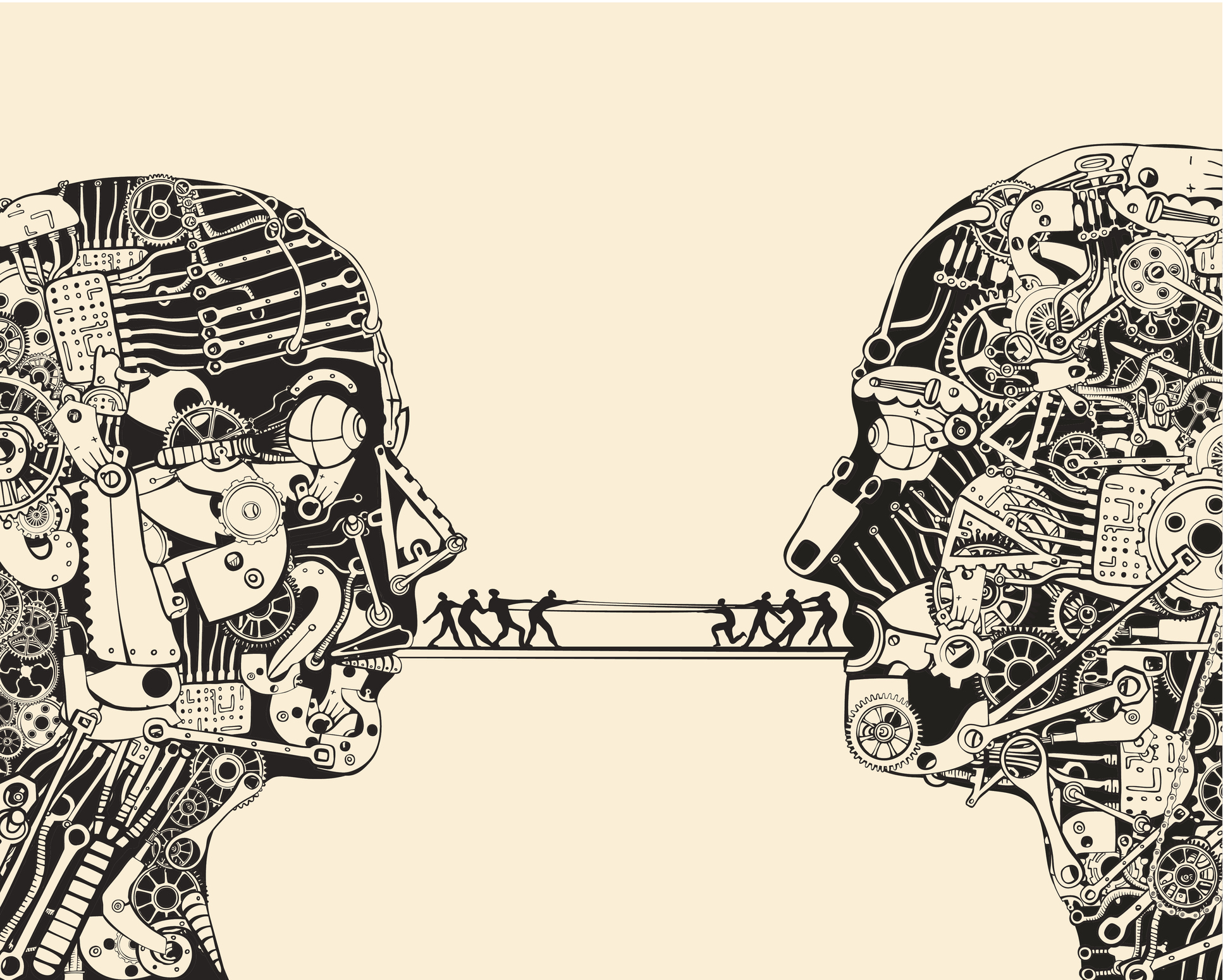
According to our latest survey, judges disagree over whether the venerable “reasonable person” standard works as an objective test of responsible thinking and behavior.
Our Question of the Month emailed to more than 12,000 NJC alumni earlier this month asked, “Has your thinking about the ‘reasonable person’ standard changed as you’ve learned more about disparities in society?”
The “no” votes outnumbered the yeses 64 percent to 36 percent. But the more than 100 comments left by judges turned up a crucial ambiguity in that result.
Many of the judges who voted “no” indicated that no awareness of societal disparities was going to alter their faith in an objective “reasonable person” standard. But other judges who voted no said their thinking hadn’t changed because they already believed in taking such disparities into account.
The issue appeared to boil down to whether the same standards of reasonable thinking and behavior can be applied to people from very different backgrounds and experiences.
As one anonymous judge put it, “The question really is whether judges … will expressly … or implicitly impose their own standards despite the cultural differences of the persons who appear before them.”
One unnamed judge who self-identified as a minority wrote, “I have always considered the disparities in society when considering the ‘reasonable person’ standard in my hearings with petitioners. How could you not?”
Multiple judges brought up the issue of race and relations with police.
“What a white person considers reasonable when dealing with law enforcement may be completely different from a person of color, especially due to the privilege issue,” wrote a judge who self-identified as a person of color. “Unfortunately, many of our judicial colleagues have never had to experience what a person of color might, and they may view their perspective as the only ‘reasonable standard’ there is.”
Indeed, some judges expressed that very confidence.
One said his or her view on the reasonable person standard hadn’t changed “because it is ME that provides the ‘reasonable person,’ standard, and I still trust myself.”
“How can ‘disparities’ change what is reasonable?” asked another. “What you really want us to start believing is that because there are disparities, as if that is something new, we should allow people to be unreasonable. No thanks.”
A third wrote: “In my mind, the ‘disparities in society’ argument is just another excuse for behavior that violates the simple code of human behavior….
“Most human beings understand that they shouldn’t steal, beat, assault, destroy, sexually assault or murder another human being. Doing so and then trying to claim that life has been too tough on me is a poor excuse. Violating that standard should result in punishment. Period.”
Other judges argued that the standard has always been flexible, allowing judges and juries to take into consideration all kinds of factors and circumstances.
“I look at the community to try to understand what a reasonable person from that community would be expected to believe,” one anonymous judge wrote.
Mary Costello Daniel, a District Court judge in Virginia, pointed out that judges and lawyers are often quite different from the average person outside of the legal profession who comes to court. Her comment and others’ suggested that judges show humility when assuming they know what is reasonable for everyone.
“What’s reasonable for a lawyer may not be reasonable for a truck driver,” wrote Magistrate Judge Robert Scott of Lenexa, Kansas, adding, “What’s reasonable in Kansas very probably isn’t in California.”
An anonymous judge who self-identified as male, 77 years old, living in Florida and with 30 years of experience on the bench wrote: “These facts (about me) define my view of the ‘reasonable person.’ Younger, female and judges from different parts of the country form their thoughts of the ‘reasonable person’ through a different lens than me. This is why I believe it is important for judges to have collegial discussions and arrive at not what I think but what collegially is reasonable.”
* Each month the College emails an informal, non-scientific one-question survey to its more than 12,000 judicial alumni in the United States and abroad. The results, summarized in the NJC’s Judicial Edge Today, are not intended to be characterized as conclusive research findings. This month’s question was suggested by a member of In Chambers, the NJC’s private Facebook group for judges only. Click here if you’re a judge or retired judge and would like to join.

CHICAGO – The American Bar Association Judicial Division announced recently that TheNational Ju...

The National Judicial College is mourning the loss of former faculty member Judge Duane Harves, who passed ...

As the world manages an evolving natural environment, The National Judicial College announced today that it...

Do’s Manage your cases systematically Devise a system that works for you and your organizational...

After 22 years of teaching judges, Tennessee Senior Judge Don Ash will retire as a regular faculty member a...